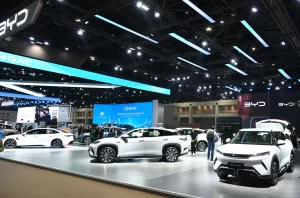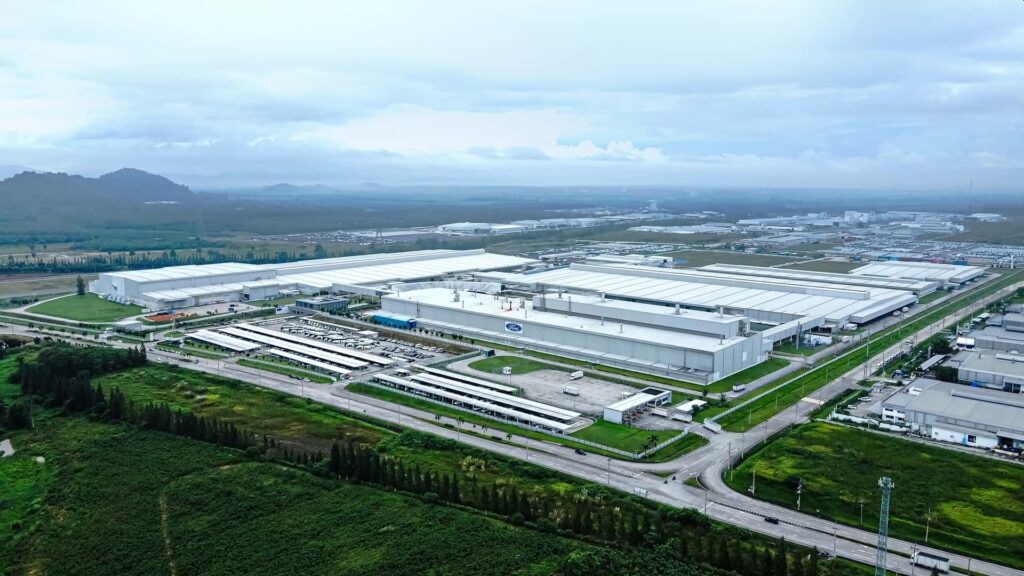
Manufacturers urge government to maintain subsidies and reconsider penalties as economic challenges hinder electric vehicle production goals.
Thailand’s electric vehicle (EV) sector, once poised for rapid growth, is now grappling with unforeseen challenges that threaten to derail its momentum. Amidst economic headwinds and stringent production targets, industry stakeholders are appealing to the government for a more lenient approach to missed benchmarks.
Economic Strains Impact EV Production
The ambitious EV3.0 incentive program, introduced by the Thai government, aimed to position the country as a regional hub for electric mobility. Under this scheme, manufacturers received subsidies in exchange for commitments to produce a certain number of EVs domestically within specified timeframes. However, the current economic climate has made it increasingly difficult for companies to meet these obligations.
High household debt levels have led banks to tighten auto loan approvals, directly impacting consumer purchasing power. According to the Electric Vehicle Association of Thailand (EVAT), this financial strain has resulted in a significant slowdown in EV sales, making it challenging for manufacturers to justify or achieve the production volumes initially agreed upon.
Industry Appeals for Policy Adjustments
Recognizing the mounting pressures, EV manufacturers are urging the government to maintain existing subsidies and reconsider penalties for unmet production targets. They argue that punitive measures could further destabilize the industry during an already tumultuous period.
EVAT has proposed several recommendations to the government:
-
Extension of Production Deadlines: Allowing more time for manufacturers to fulfill their production commitments without facing penalties.
-
Continued Financial Support: Maintaining subsidies to ensure that EVs remain competitively priced for consumers.
-
Infrastructure Development: Accelerating the expansion of EV charging stations to boost consumer confidence and adoption rates.
-
Government Procurement: Encouraging state agencies to prioritize the purchase of EVs, thereby stimulating demand.
Government’s Response and Future Outlook
While the government has yet to make a definitive decision regarding the proposed adjustments, officials acknowledge the challenges faced by the industry. Discussions are underway to assess the feasibility of extending deadlines and providing additional support without compromising the program’s objectives.
Despite the current setbacks, the long-term outlook for Thailand’s EV industry remains optimistic. Global trends indicate a steady shift towards electric mobility, and Thailand’s strategic location and manufacturing capabilities position it well to capitalize on future opportunities.
Conclusion
The call for a more flexible approach to EV production targets underscores the need for adaptive policies that consider real-world challenges. By collaborating closely with industry stakeholders and adjusting strategies as necessary, Thailand can navigate the current hurdles and pave the way for a sustainable and prosperous electric vehicle ecosystem.


